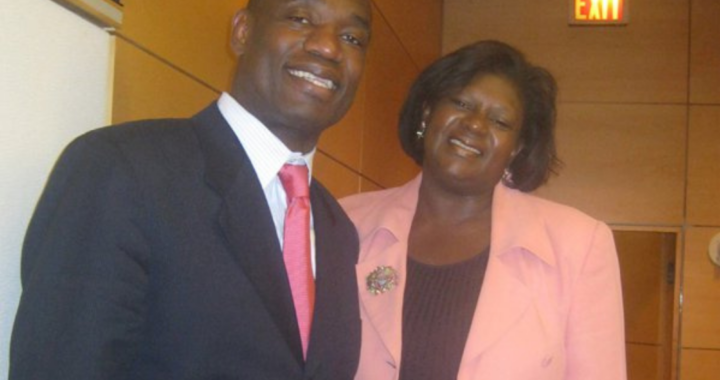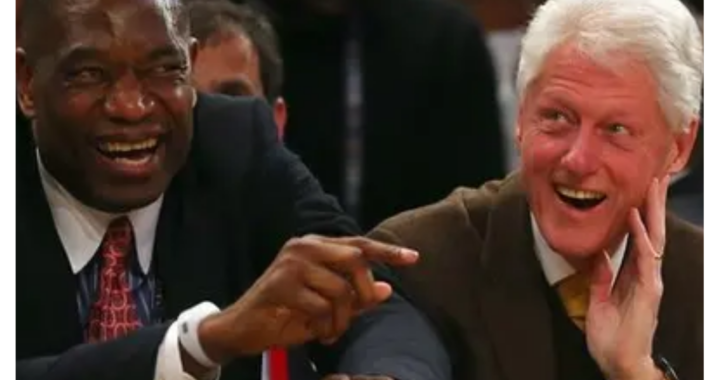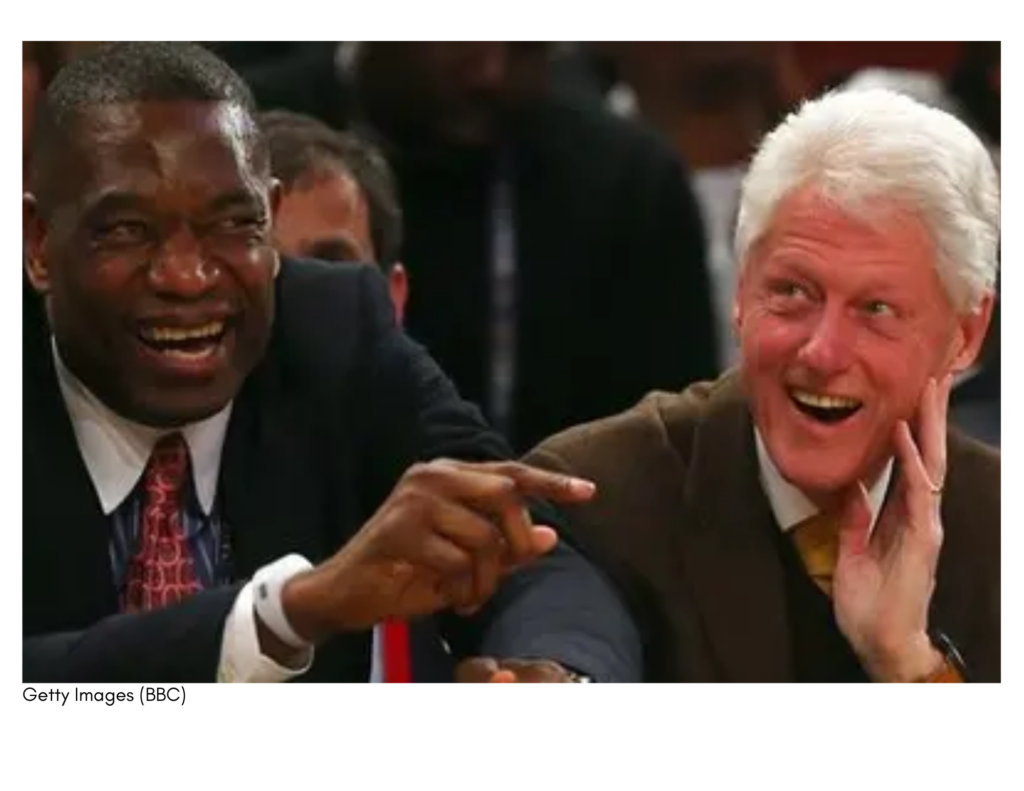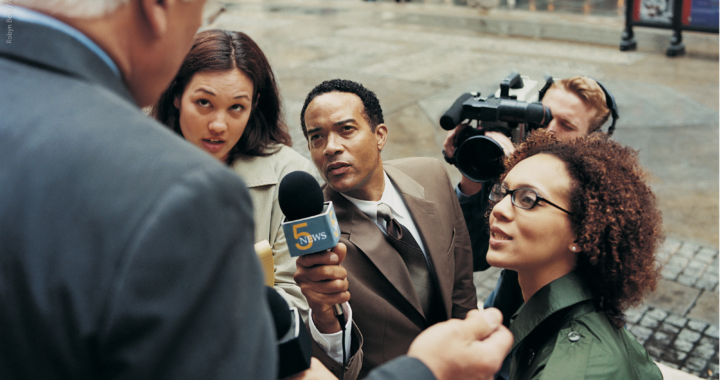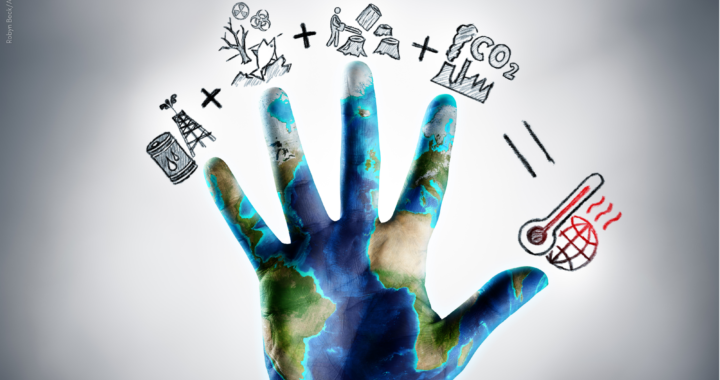God has called home another faithful servant. Losing Dikembe Mutombo is a heartbreaking loss, not just for the basketball community, but for the world at large.
He was so much more than an NBA Hall of Famer, he was a true humanitarian, a voice for the voiceless, especially marginalized women and children. Working with him on women’s rights projects with Silke Endress International, the UN, and CARE was an honor. We didn’t just attend conferences like the Bloomberg Global Business Summit, CARE or McCain Institute, a common interest; we shared stories, exchanged ideas, and best practices for sustained growth. In 2010, I remember Dikembe asking me to stand on a chair to take a photo so I can be his equal in height and passion.
When Dikembe spoke on panels discussions, I listened carefully and was always in awe of his unwavering commitment to human rights. His passion was just as towering as his presence on the court.
Dikembe always stood tall, not just in height, but in his moral convictions. Just as he was a defensive powerhouse in basketball, blocking shots with ease, he defended those who didn’t have access to health services, education, or economic opportunities, particularly in his homeland, the Democratic Republic of Congo. He was relentless, whether it was on the court or fighting for justice. He embodied what it means to be a champion, both in sports and in life.
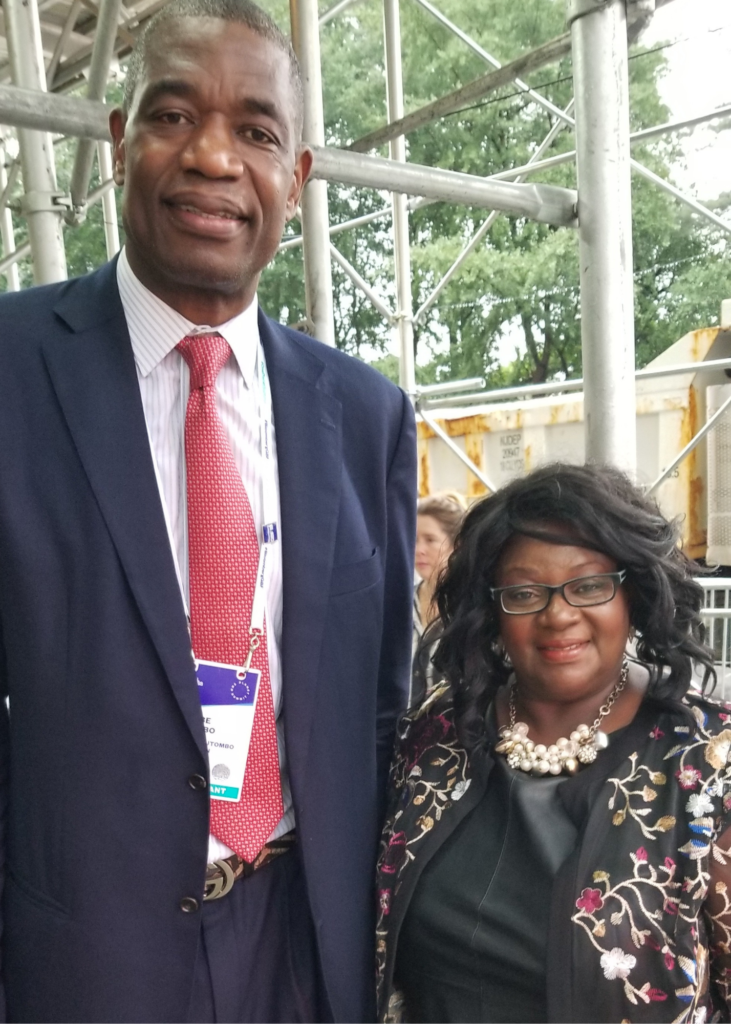
Dikembe will be deeply missed, but his legacy of kindness, advocacy, and resilience will continue to inspire. Rest in peace, Dikembe. The world was better with you in it.

